All Stories
-
 Particle Physics
Particle PhysicsThe possibilities for dark matter have just shrunk — by a lot
The LZ dark matter experiment has ruled out weakly interacting massive particles, or WIMPs, with a wide range of properties.
-
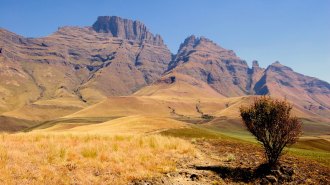 Earth
EarthMantle waves buoy continents upward and bedeck them with diamonds
A phenomenon occurring deep underground may explain how vast plateaus form far away from tectonic plate boundaries.
By Nikk Ogasa -
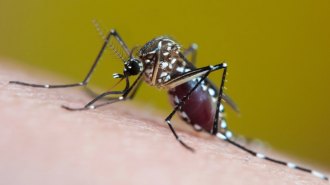 Health & Medicine
Health & MedicineExtreme heat and rain are fueling rising cases of mosquito-borne diseases
Extreme Climate Update looks at the perfect storm climate change is creating for mosquitoes and the diseases they carry, like dengue and West Nile.
-

A long-awaited cancer treatment reaches patients
Print and Longform Managing Editor Erin Wayman discusses the recently approved T cell therapy for cancer patients.
By Erin Wayman -

-
 Microbes
MicrobesMore than 100 bacteria species can flourish in microwave ovens
Swabs of 30 microwave ovens in different settings identified over 100 bacterial species, some of which could be pathogenic or cause food-borne disease.
-
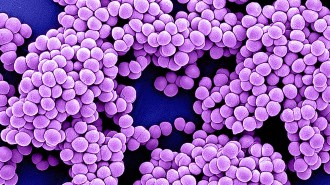 Health & Medicine
Health & Medicine50 years ago, antibiotic resistant bacteria became a problem outside hospitals
Infections from drug-resistant bacteria have skyrocketed over the last 50 years. Now, new technologies could help doctors save lives.
-
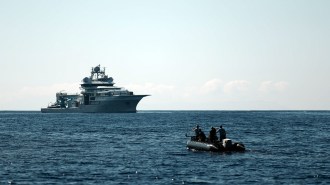 Oceans
OceansNational Geographic’s ‘OceanXplorers’ dives into the ocean’s mysteries
National Geographic’s documentary series ‘OceanXplorers,’ produced by James Cameron, invites you aboard one of the most advanced research vessels in the world.
By Abby Wallace -
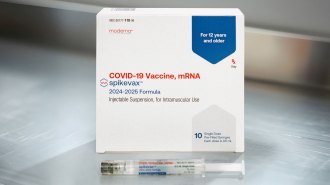 Health & Medicine
Health & MedicineNew COVID-19 booster shots have been approved. When should you get one?
The vaccines target the omicron variants currently circulating in the United States.
By Tina Hesman Saey and Meghan Rosen -
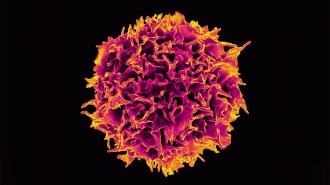 Health & Medicine
Health & MedicineA newly approved ‘living drug’ could save more cancer patients’ lives
Tumor-infiltrating lymphocyte, or TIL, therapy is the first T cell treatment for solid tumors. It fights melanoma and maybe other cancers too.
By Meghan Rosen -
 Agriculture
AgricultureCan scientists make fruits and veggies resilient to climate change?
Combining traditional plant breeding with new genomics tools is allowing scientists to grow plants that are better adapted to a warming climate.
By Amanda Heidt -
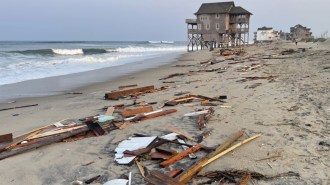 Climate
ClimateZapping sand to create rock could help curb coastal erosion
Low voltages generated minerals that help bind the sand into erosion-resistant rock, offering hope for shorelines ravaged by waves.
By Sid Perkins